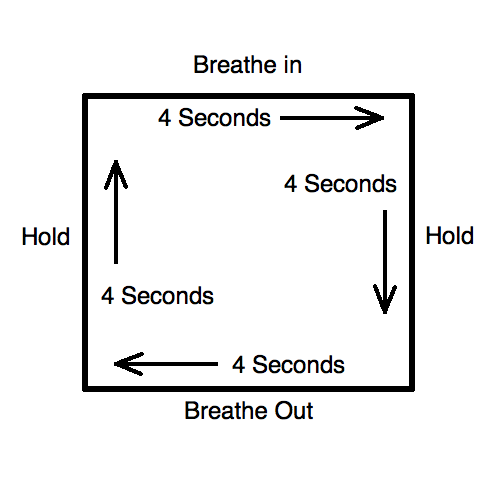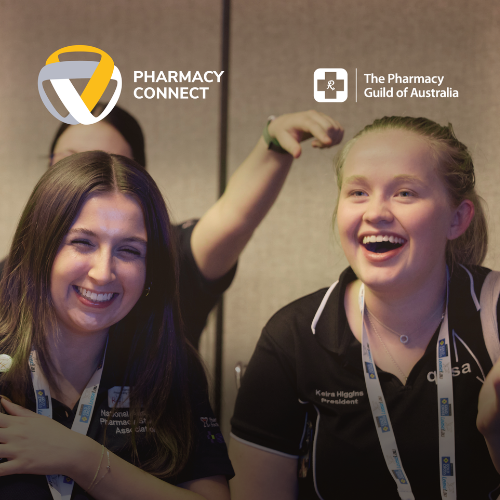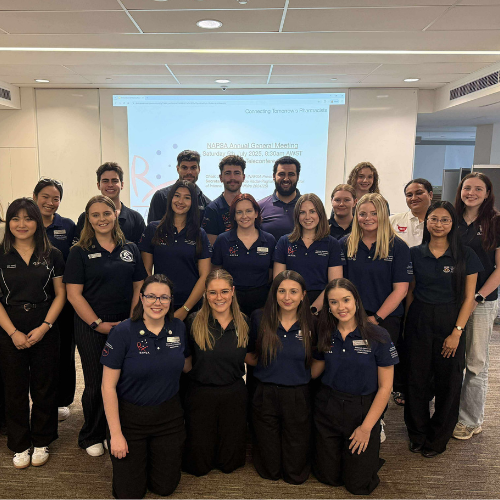Assessments and exams are part of student life but it still is common to feel stressed, anxious and even overwhelmed as assessment deadlines and the exam period draws near.
Here are some tips to help you through this challenging time of the year.
- Stress as a motivator: Remember that stress can be used to motivate you to prepare for your assessment. A small amount of positive stress will enhance your performance by helping you to stay focused, motivated and efficient. We all need a level of stress to improve our performance. Too much stress can make you feel overwhelmed, anxious, or unable to think clearly and concentrate. That’s why it’s important to take steps to keep your stress under control.
- Positive self-talk: Negative and self-critical thoughts, catastrophising and perfectionism can interfere with your ability to concentrate and will increase your level of stress. Remind yourself that you have successfully reached this stage of your student life. Try practicing positive self-talk with statements such as:
- “I can do this. I’ve passed exams before”
- “I might be anxious, but I can cope.”
- “I know the material, I’ve done the work.”
- Comfortable study environment: Have a study location set up with everything you need. Make sure you are comfortable, the location is free from distractions, and the environment is not too hot or too cold. Try to get a good-quality desk setup and make sure it accounts for your height so that your feet are flat on the floor. If you are sitting at a computer your eyes should be level with the screen without the need to bend your neck. Stand up and stretch regularly.
- Adequate rest: If you are drifting off to sleep, take some time out to either rest or go for a walk. Avoid too much caffeine late in the day as it will disrupt your sleep, increase your heart rate and potentially your sense of anxiety. It is important to get enough sleep as this will improve your ability to focus and being well rested reduces anxiety.
- Healthy habits: Try to get some regular exercise during the exam period- being outdoors is even better. It helps you concentrate and clear your head. Eating healthy meals keeps your energy steady, so you don’t crash from sugar highs and lows. And don’t forget, a treat now and then can be a great reward after finishing a task!
- Plan ahead: Start your preparations early and have a study plan. Break large tasks down into smaller parts. Prepare summaries and use acronyms and mnemonics (rhymes and jingles) to help memorise facts. Practice exams and past papers are a great way to establish timing for different sections of an exam and to become familiar with what to expect.
- Effective study techniques: Study blocks should be about 50 minutes followed by a short break, but work to a timing that best suits your ability to focus. Take a break if your mind is wandering. During a study block, do not access your social media or allow other distractions. Some students find that music can be helpful to focus, but others find it distracting – do what works for you. If you study well with a friend, do so and share memory tips, useful resources and test each other.
- Managing exam stress: If you are feeling acutely stressed before or during an exam, try the following mindfulness routine:
- Take some slow deep breaths, drop your shoulders and let go of tension in your body.
- Rotate shoulders forward and back, turn your head slowly from side to side, and then ear to shoulder.
- Feel your feet on the floor. Raise and lower heels one at a time.
- Consciously relax jaw, neck and shoulder muscles.
- Look around the room and name six objects you can see.
- Then return to your study, tell yourself “I can do this”, and focus on the task.
- Perspective on results: It is important to keep exams and assessments in perspective. Many excellent pharmacists have failed exams. A lower-than-expected mark or a failure will not define your career. Exams and assessments are an opportunity to communicate your knowledge. After an exam, reassure yourself that you did you best. Avoid going over questions in your mind or overthinking how you went once the exam is finished.
- Box breathing technique: Box breathing (also called four-square breathing) is a simple and effective way to calm yourself when you're feeling stressed. You can use it at the start of a study session, before or during an exam, or even at night if you’re having trouble sleeping. Here’s how it works:

- Breathe in slowly for 4 counts
- Hold your breath for 4 counts
- Breathe out slowly for 4 counts
- Hold again for 4 counts
Then repeat the cycle a few times. You’ll start to feel your heart rate slow down, and focusing on the rhythm of your breath can help quiet any anxious or negative thoughts.
- Connect with PSS: The Pharmacists’ Support Service (PSS) is a charity which focuses on the mental health and well-being of the Australian pharmacy profession. PSS is just a phone call away and can help if you are stressed, concerned about your mental health or need a listening ear. The PSS telephone is answered by volunteers, who are all experienced pharmacists or retired pharmacists, and have undertaken training in crisis support counselling. PSS is available to all pharmacists, interns, students and overseas pharmacy graduates seeking registration in Australia.
- PSS provide anonymous and confidential support over the phone every day of the year between 8.00am and 11.00pm AEST/AEDT by phoning 1300 244 910.
- For more information about PSS and to access information and resources visit our website.



